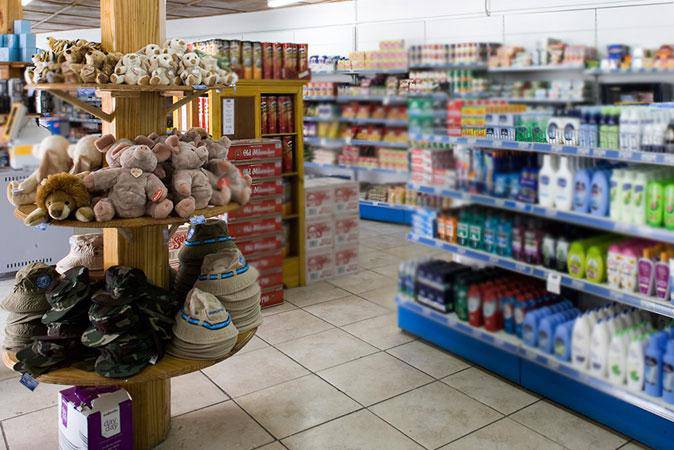The Sri Lanka Retailers’ Association (SLRA) has been lobbying for more e-commerce trading and setting up an effective payment gateway to build a vibrant retail industry in the country, said Sri Lanka Retail Forum Chairman Murally Prakash on the sidelines of the ‘Sri Lanka Retail Forum-2019’ in Colombo last week.
He said large scale retail companies have invested on promoting e-commerce retailing with the support of service providers to enhance efficiency in the trade.
Currently only around 0.5 percent the country’s total annual retail sales amounting to around US$ 10 billion is in e-commerce.
What has hindered growth in e-commerce according to industry experts is the absence of a payment gateway eco-system in the country.
“The e-commerce sector in India has developed due to payment ATMs that enable people to make even small transactions. The absence of such systems in Sri Lanka is a major drawback,” Prakash said.
The pace of growth in e-commerce has failed to go hand in hand with the number of mobile subscriptions which is currently around 32 million and as of mid 2016, the internet user base was about six million according to statistics.
“What is worrying is that despite funding for e-commerce development for over 10 years, growth has been unsatisfactory,” a SLRA official said.
However, Sri Lanka’s e-commerce business is projected to reach around US $ 400 million by 2022.
SLRA President Sidath Kodikara said the retail industry is gearing for a new era of growth. While the industry has suffered a fair share of blows in the recent past, it has been resilient against adversity and the future for the industry is promising.
The retail business contributes around one third or US$ 33 billion to GDP while accounting for around 14 percent of the labour market of the country. “The industry is capable of building value chains and be a catalyst for regional growth. Taking retail into a professional sphere and transforming it into one that could provide careers is foremost for the SLRA,” Kodikara said.
Panelists comprising local and global experts said the consumer world has evolved drastically over the years with the advancement in technology and lifestyle.
Global poverty has dropped from around 30 percent two decades ago to around 15 percent today. Mobile phone ownership has increased from only around 12 percent to over 60 percent today. The number of Facebook users today is around 1.5 billion. Such developments have changed the way and how consumers live, think, and shop today. “What is going on across the world is no ordinary disruption and these disruptions could cause dramatic reversals,” a panelist said.
Statistics show around 99 percent of Sri Lanka’s retail is confined to brick and motor.
Speakers urged retailers to think big and move out to global market supply chains.
“There is no reason why Sri Lanka should remain in the traditional brick and motor marketing. The country has great potential to cater to the world beyond apparel,” McKinsey and Company, Engagement Manager, Dayan Jayasuriya said.
It was said that fear that automation will take away jobs is not true. Automation rather would enhance quality of life and make room for flexible working arrangements.
However, discerning what the customer needs and meeting his expectations is a key challenge faced by all retailers.
“While a customer segment will look for space others will seek leisure and relaxation. Similarly, there will be unique needs and experiences looked for by customers whose expectations could vary from time to time. Satisfying the rapidly evolving needs of customers will be key to remain in business,” Jayasuriya said. The need to blend malls with online trade was also stressed by experts to meet the diverse needs of customers.
Innovation has been the driving force behind Amazon, Alibaba, Wall Mart, Kmart, Costco, Tesco while many large scale retailers are no more in business due to their inability to keep pace with change.
(Sunday Observer)

